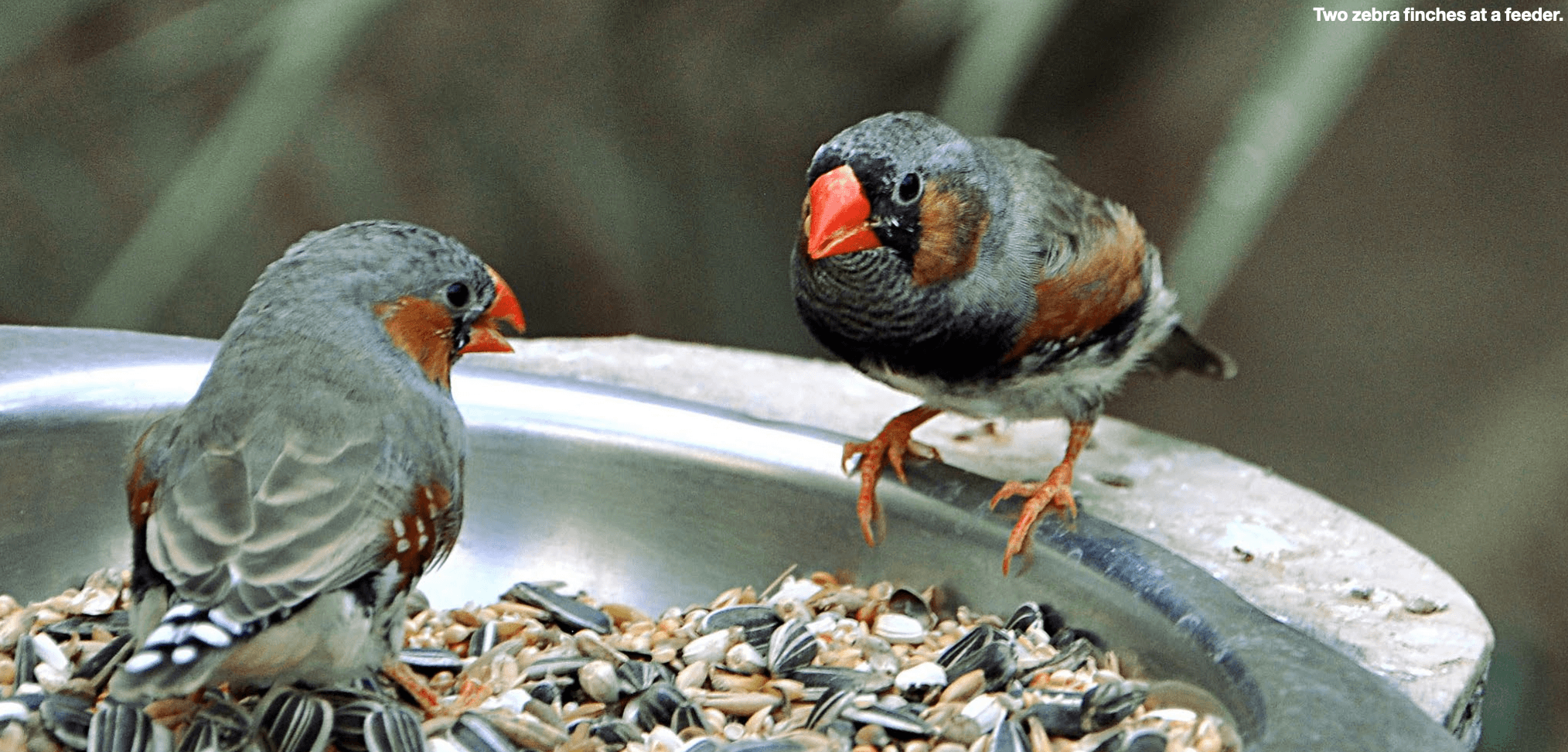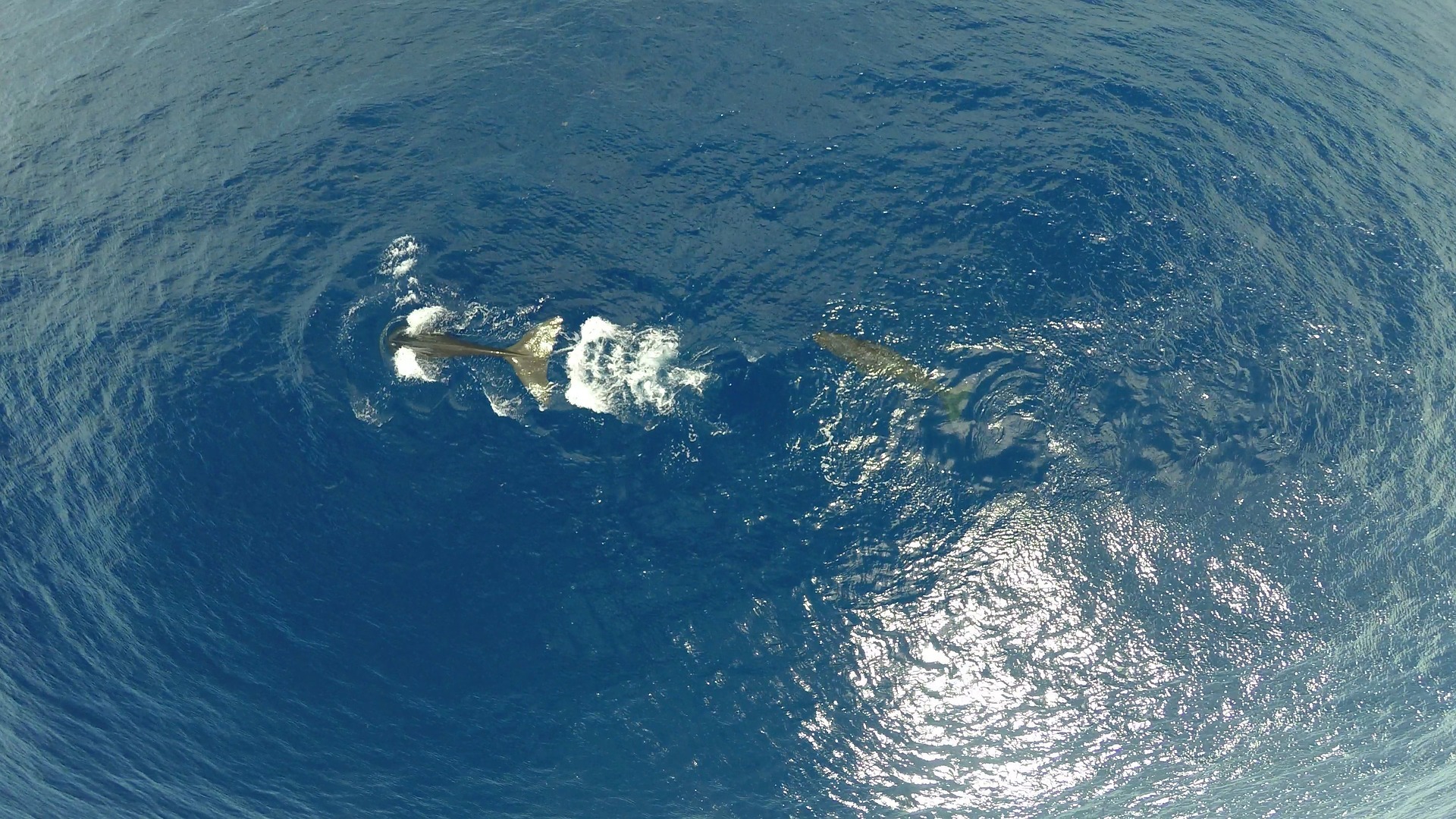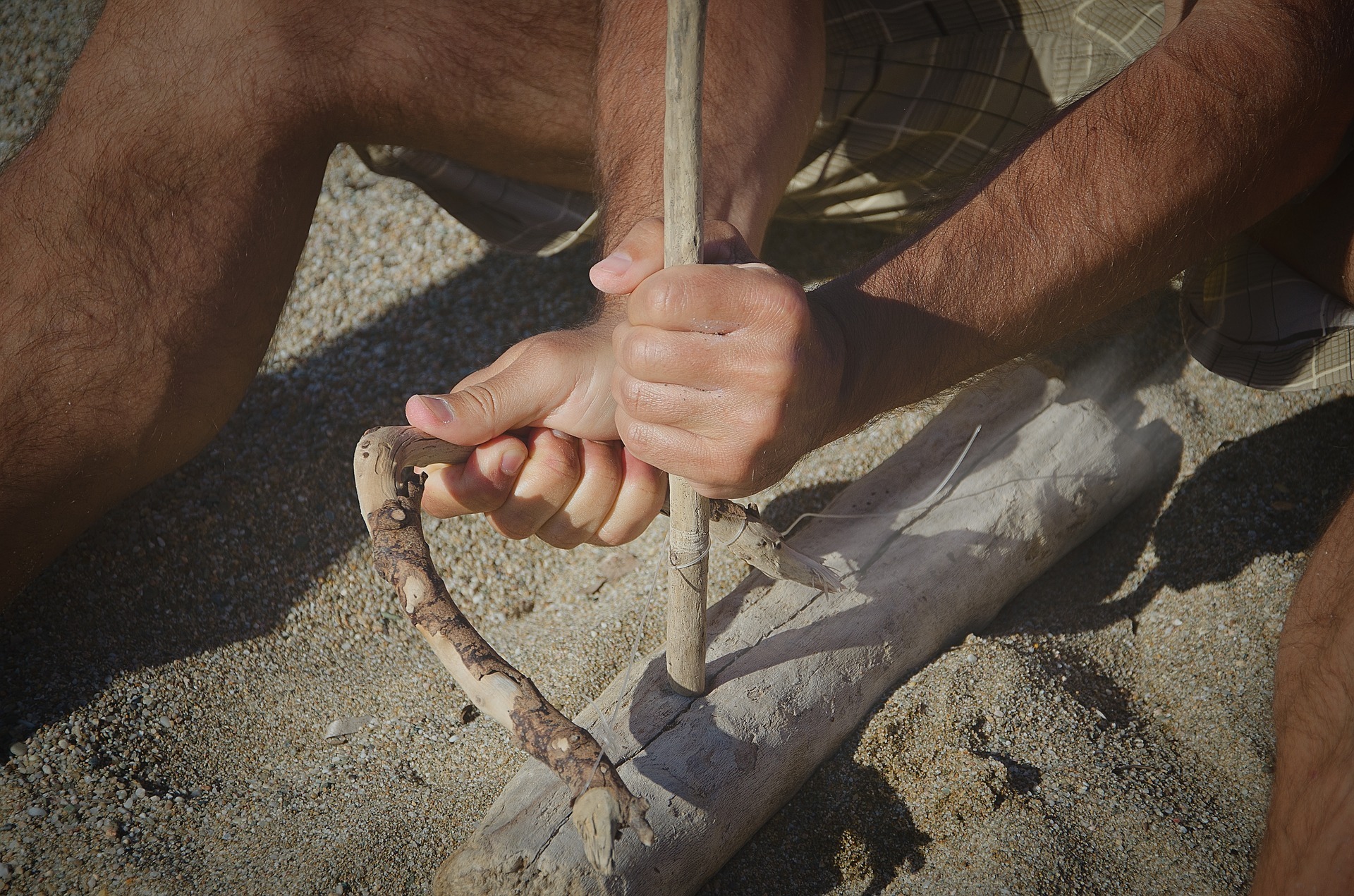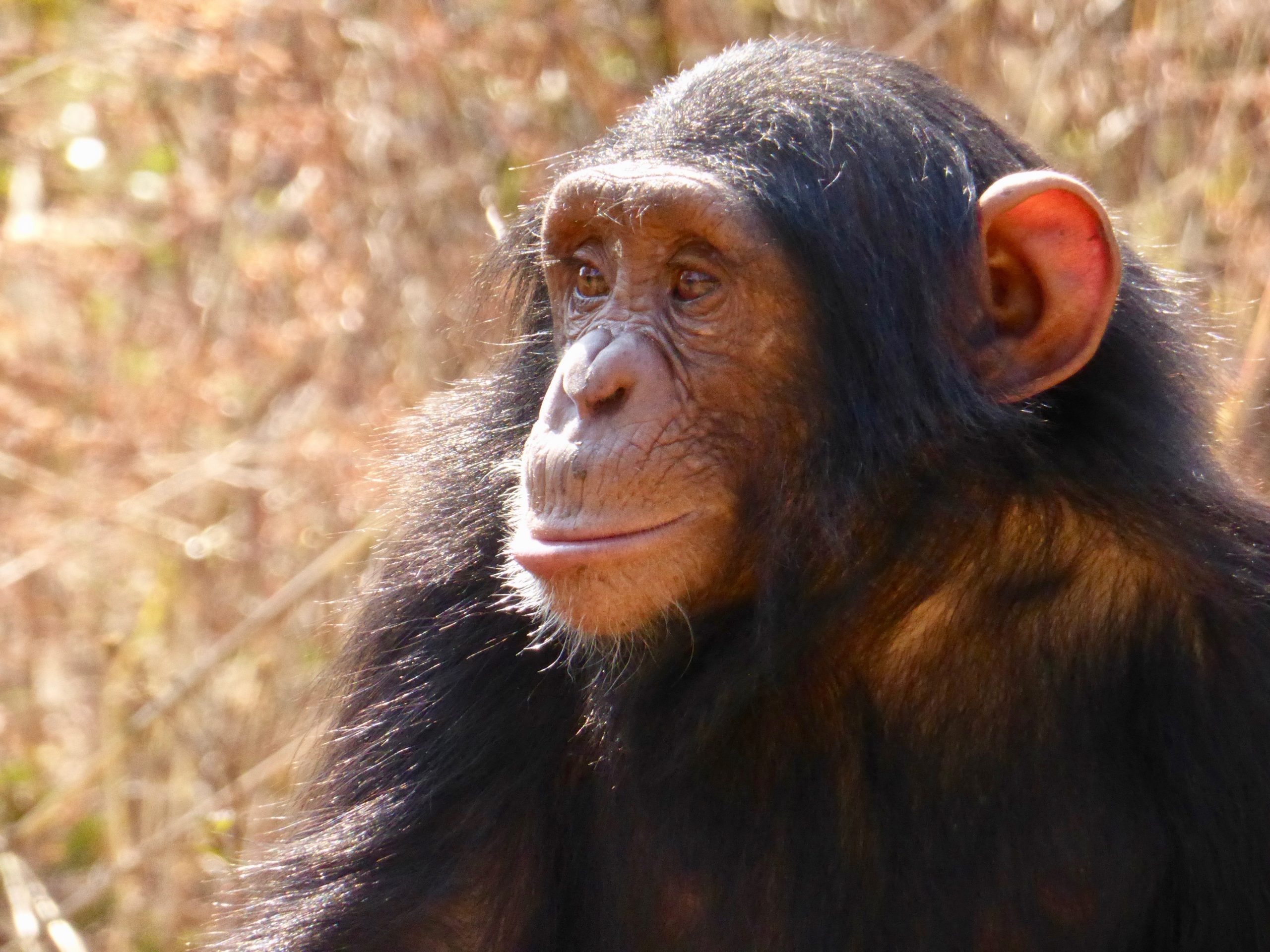Birds in their Little Nests Agree
Rachel Harrison gives an overview of Guillette, Scott and Healy, 2016, “Social learning in nest-building birds: A role for familiarity”.

Rachel Harrison gives an overview of Guillette, Scott and Healy, 2016, “Social learning in nest-building birds: A role for familiarity”.

Elena Miu gives an overview of Cantor, Whitehead, Gero & Rendell, 2016, “Cultural turnover among Galapagos sperm whales”.

Edith Invernizzi provides an overview of Fogarty, Wakano, Feldman & Aoki, 2016, “The Driving Forces of Cultural Complexity”.

Elisa Bandini gives an overview of Davis et al., 2016, “Foundations of Cumulative Culture in Apes: Improved foraging efficiency through relinquishing and combining witnessed behaviours in chimpanzees (Pan troglodytes)”

Nature presents a diversity of challenges that individuals can address through learning, and the best learning strategies to employ can depend on the type of challenge. Challenges can vary in how rewarding a given solution is, with respect to how closely it resembles some optimal ideal. In some cases, small incremental improvements toward the ideal provide adequate feedback between solution and reward for an individual to learn asocially (wide fitness landscape). By contrast, individuals have inadequate guidance for tracking an ideal solution and rely more on social learning when only some solutions are rewarded (narrow fitness landscape).